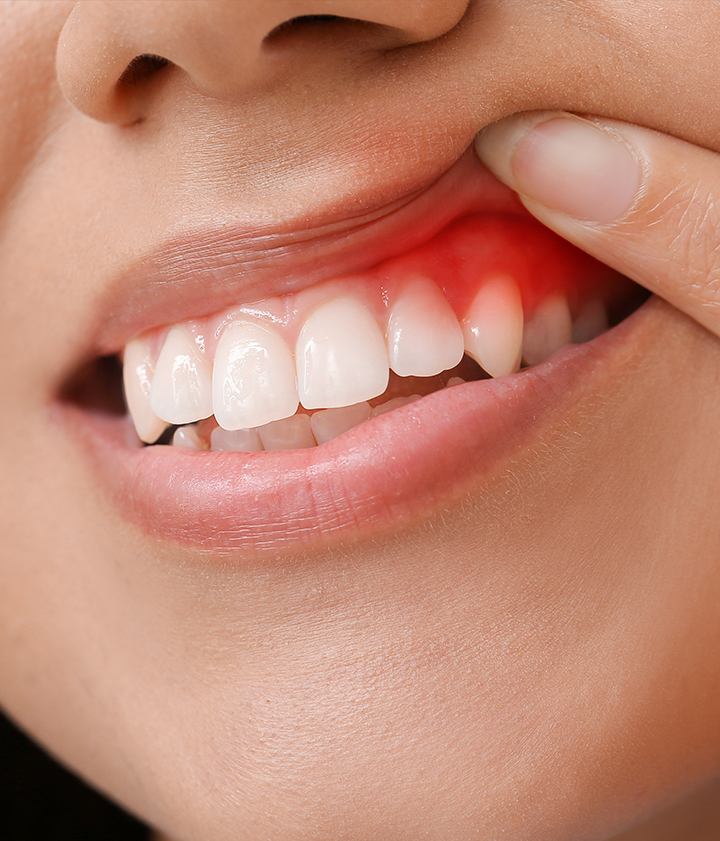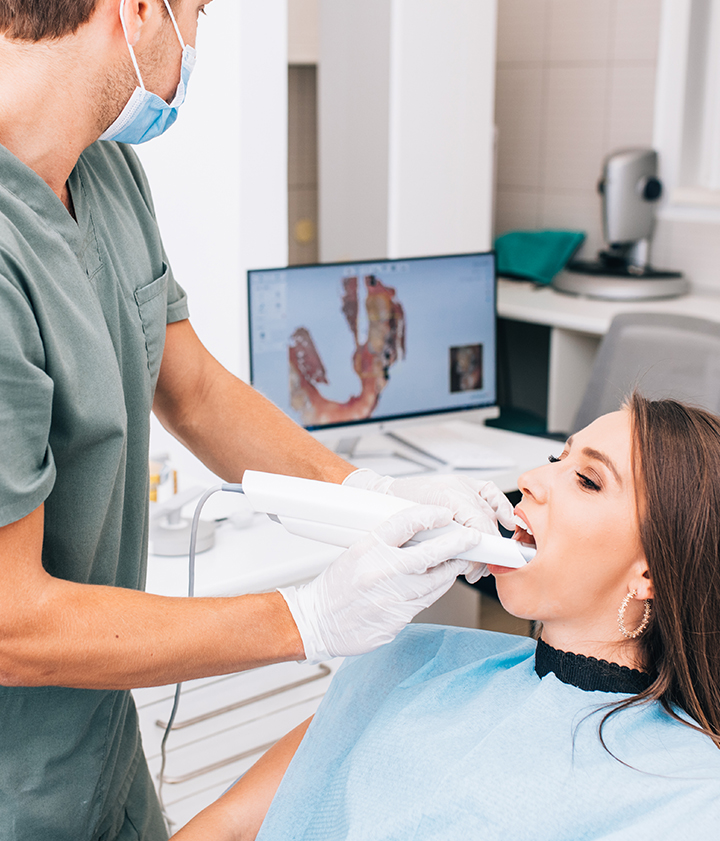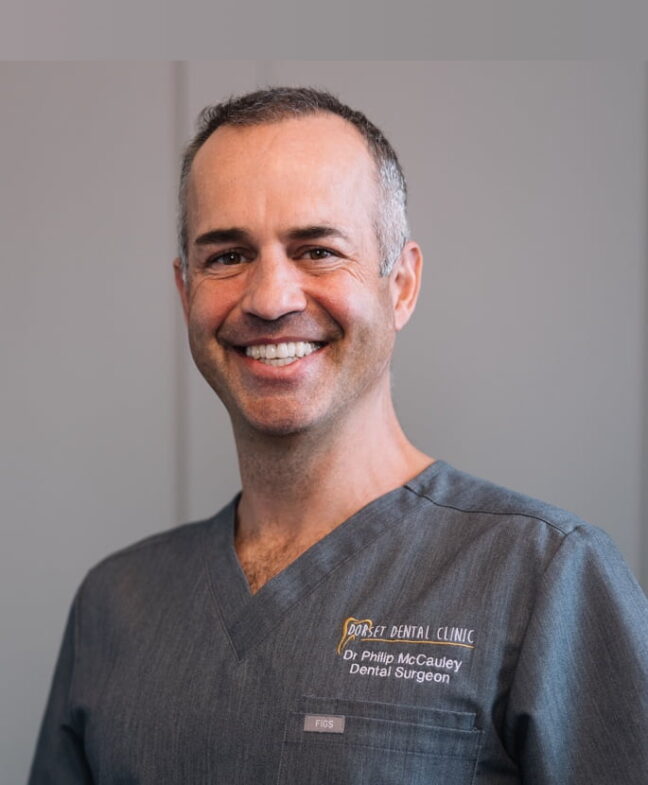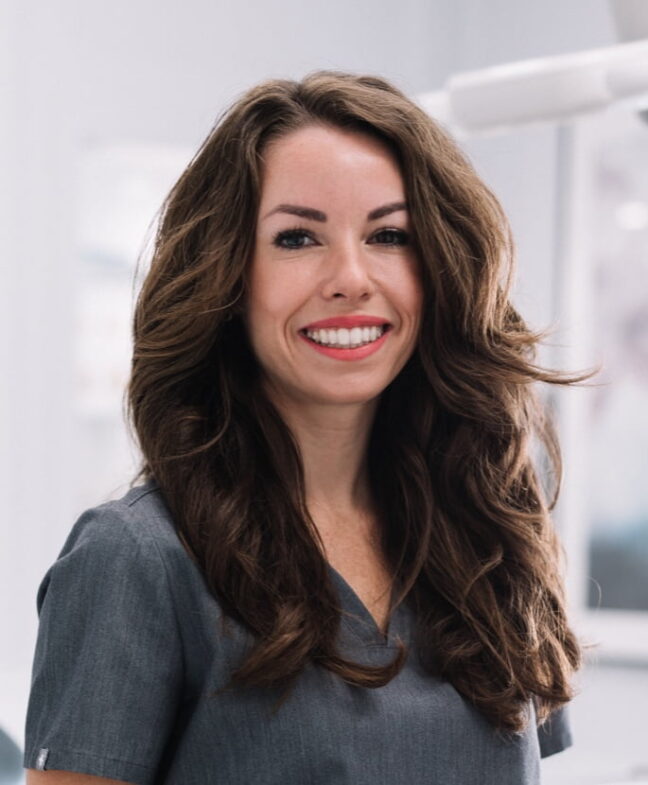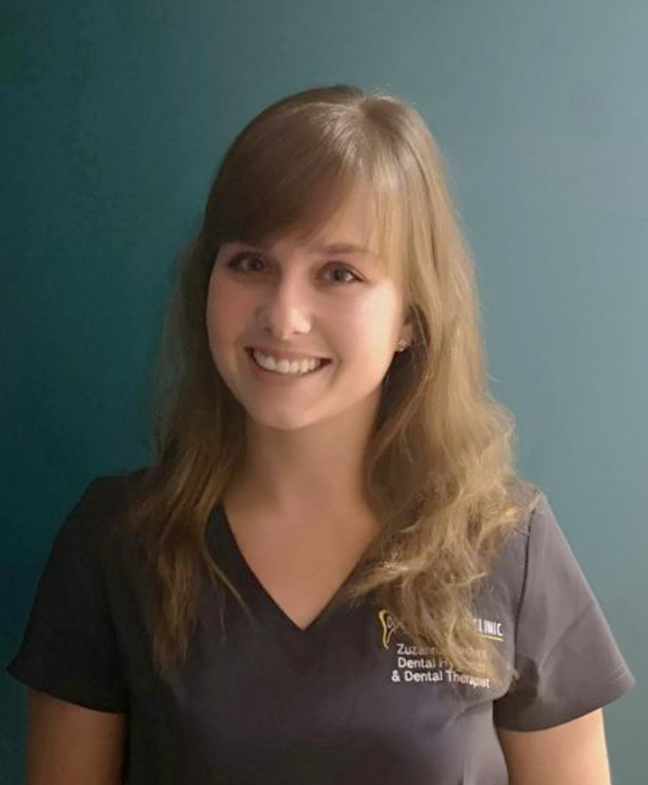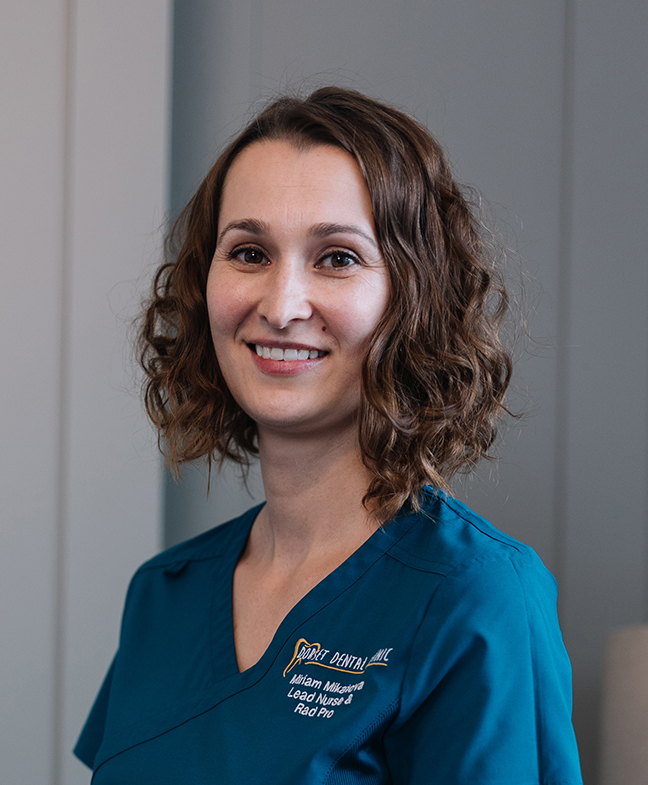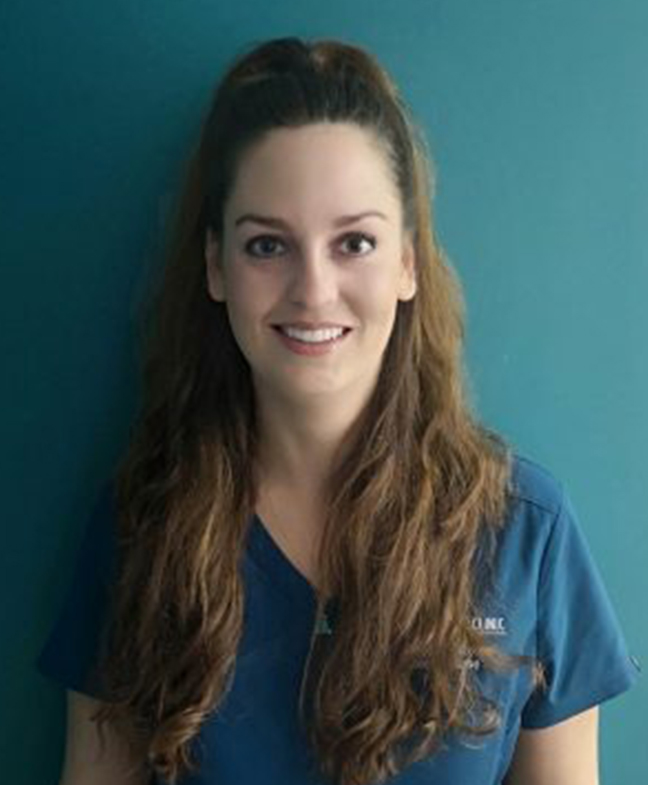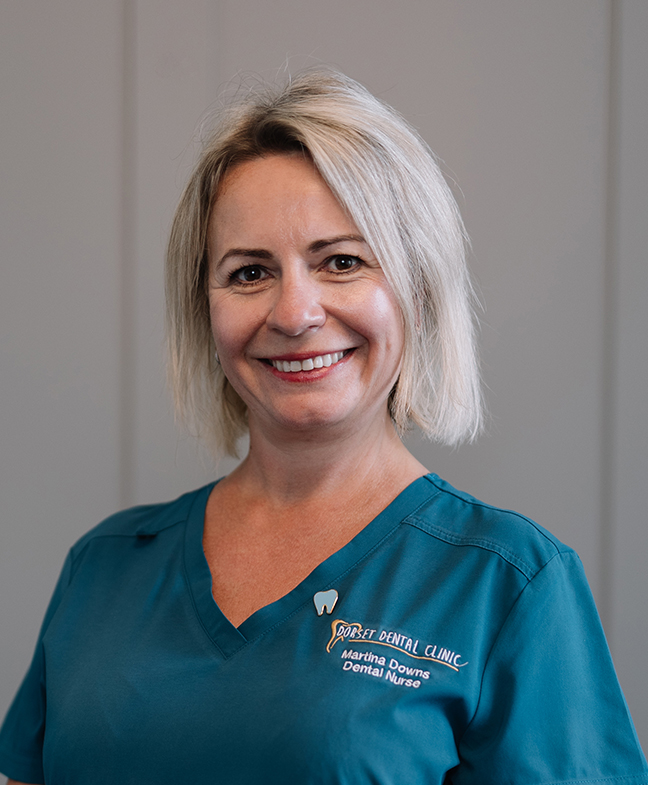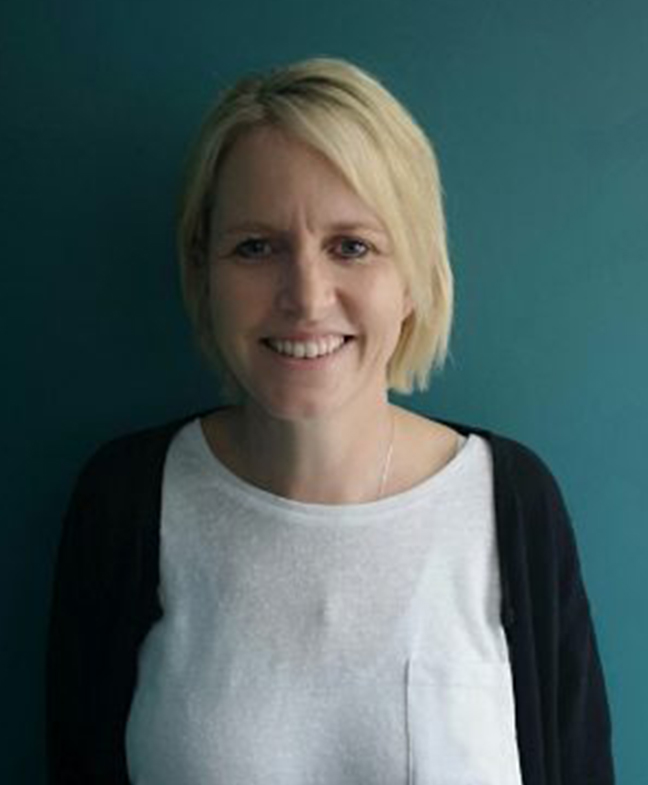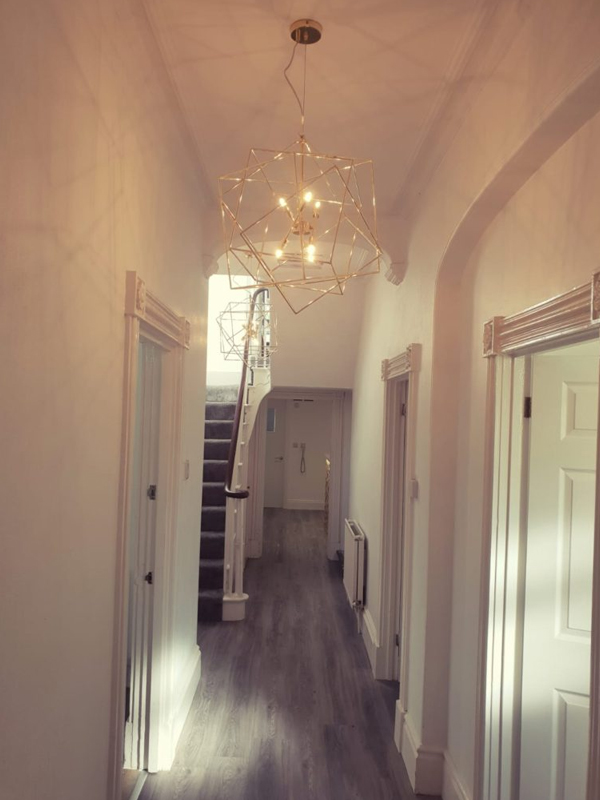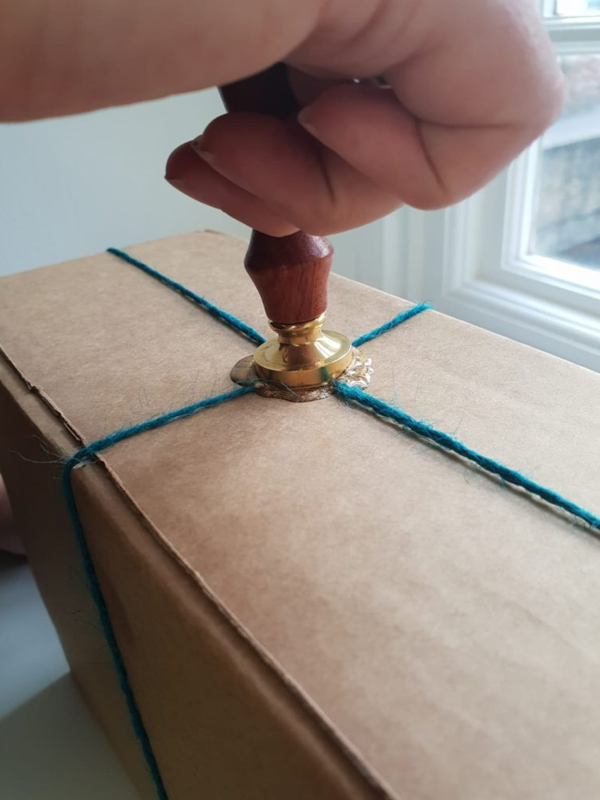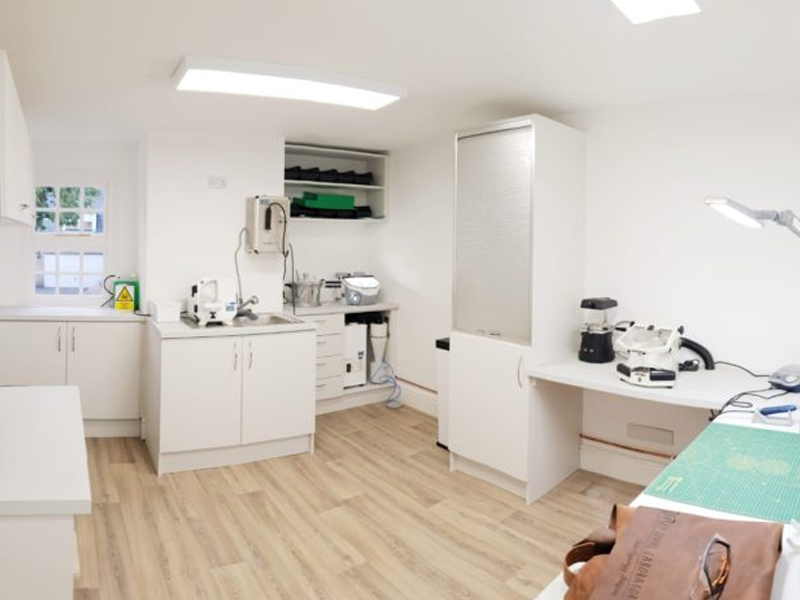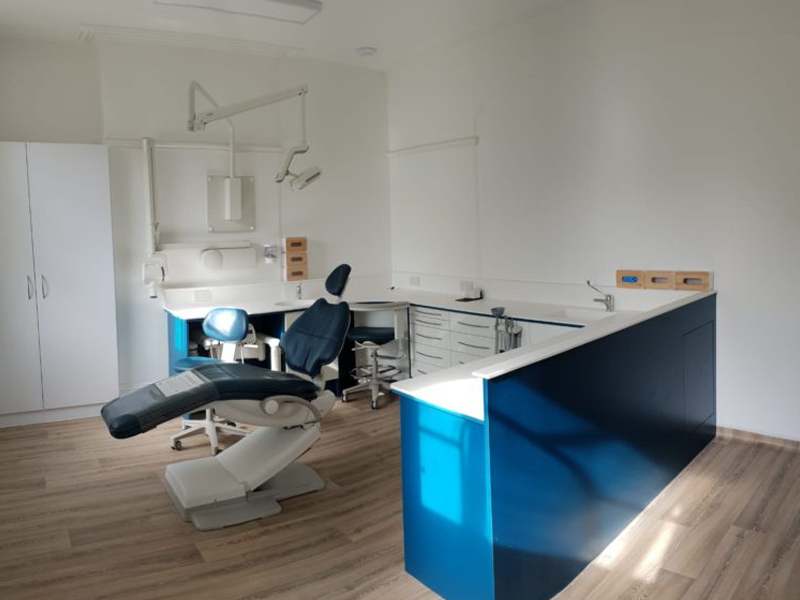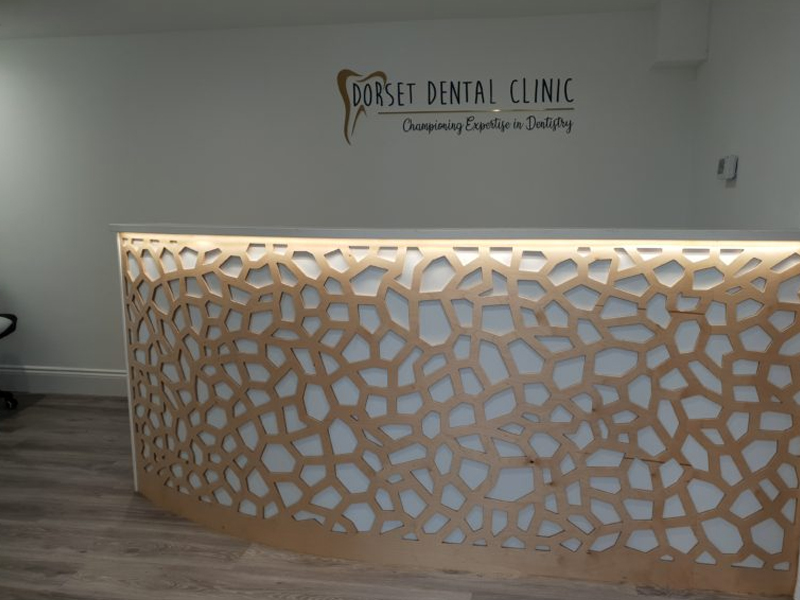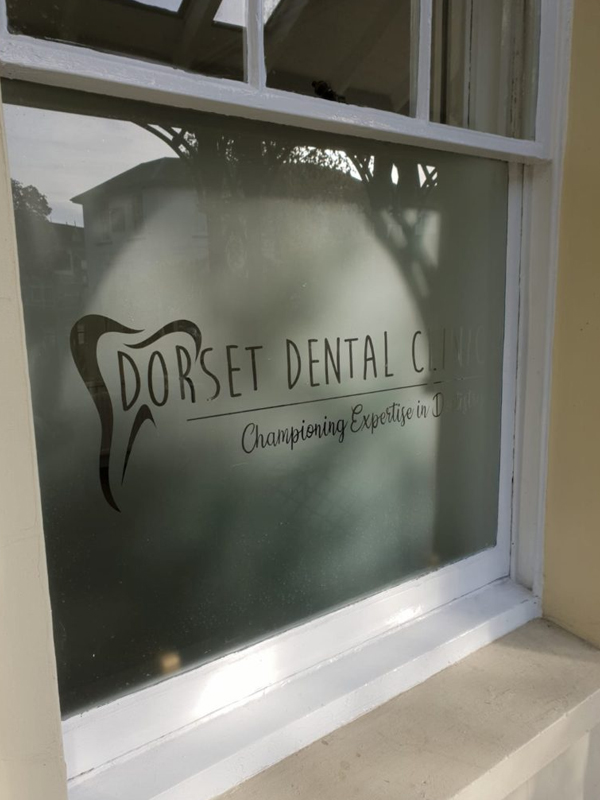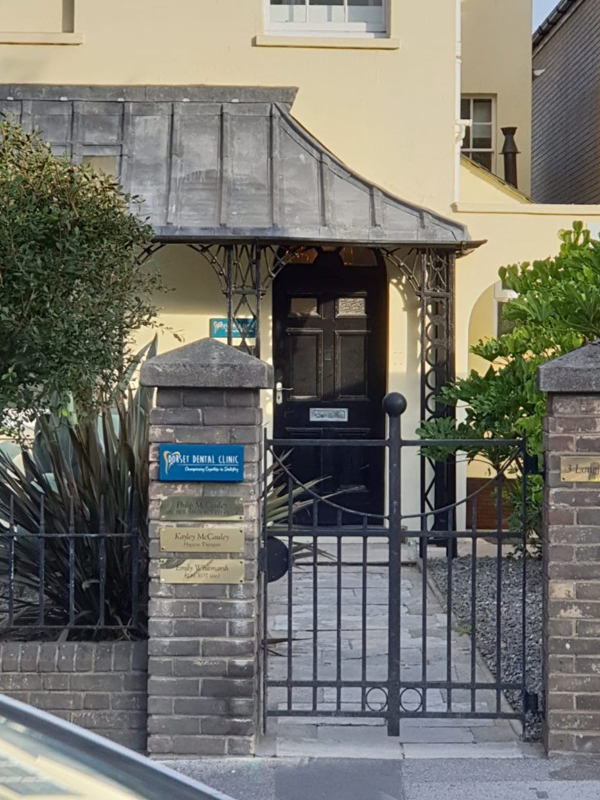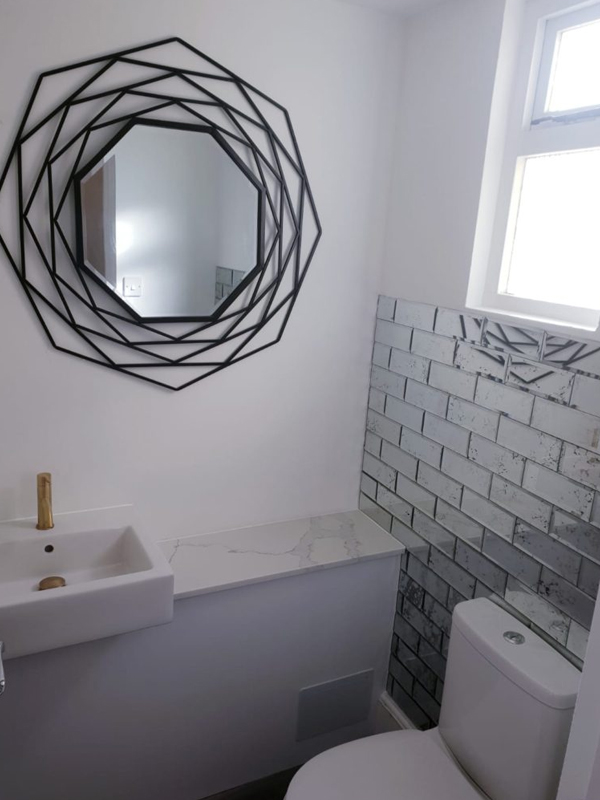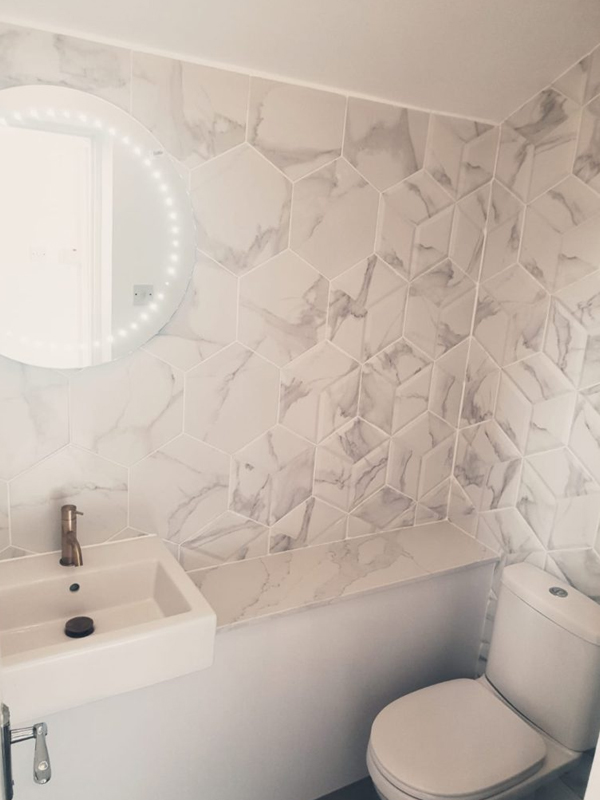A CT scan is an X-ray image of your teeth, jaws and surrounding vital structures. It shows, in high resolution and precise details, structures not visible with traditional X-rays. With a 3D CT scan, we can assess your case, determine if you are suitable for dental implants, determine the quantity and quality of bone, judge whether bone grafting will be necessary and plan precisely where to place the implants.
Absolutely!
You have every right to access your X-rays as and when you require them. You can either fill out a quick form at our reception desk, giving us permission to send them to you and stating your preferred method of delivery or call the practice and, once we have confirmed your identity, let us know how you would like to receive your x-rays.
With low-dose X-rays (below ten mGy), the risk is very small (below 1 in 10,000). With higher-dose X-rays (above ten mGy), the risk is slightly higher but remains low (mostly below 1 in 1,000).
With most X-rays, the dose an unborn baby may receive is up to about one mGy.
During dental X-rays, lead aprons are no longer routinely used to protect the abdomen or pelvis, as most dental X-rays don’t affect this area. Also, the dose of radiation in dental X-rays is so low there’s virtually no risk to the unborn baby.
If possible, you should avoid having an x-ray whilst pregnant.
Make sure you tell your dentist you’re pregnant. If you need a dental X-ray, your dentist will usually wait until you’ve had the baby, even though most dental X-rays don’t affect the abdomen or pelvic area.
Dental X-rays help dentists visualise diseases of the teeth and surrounding tissue that cannot be seen with a simple oral exam. In addition, X-rays help the dentist find and treat dental problems early in their development, which can potentially save you money, unnecessary discomfort, and maybe even your life.
The frequency of getting X-rays of your teeth often depends on your medical and dental history and current condition. Some people may need X-rays as often as every six months; others with no recent dental or gum disease and who visit their dentist regularly may get X-rays only every couple of years.
If you’re a new patient, you’ll probably undergo dental X-rays so that your new dentist can get a clear picture of your dental health. This is especially important if you don’t have any X-rays from your previous dentist.
Children may need to have dental X-rays more often than adults because their dentists might need to monitor the growth of their adult teeth. This is important because it can help the dentist determine if baby teeth need to be pulled to prevent complications, such as adult teeth growing in behind baby teeth.
In short, it does limit the treatment we can safely provide if you do not have X-rays.






